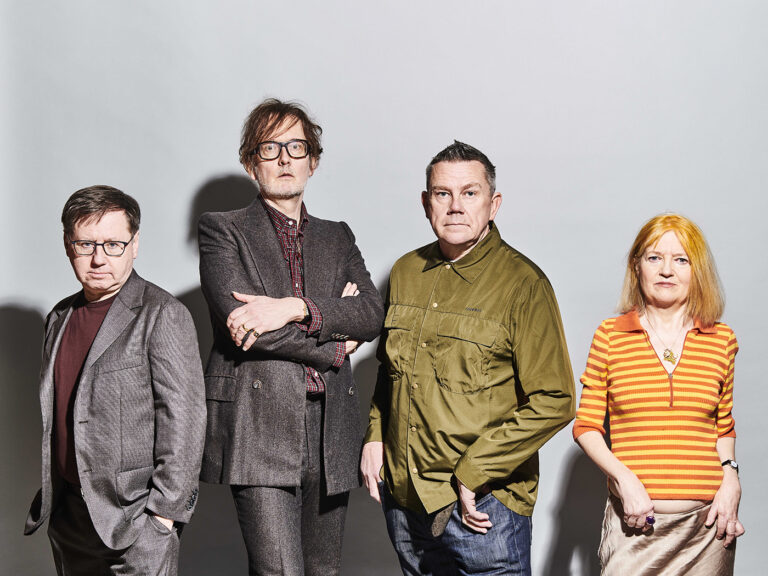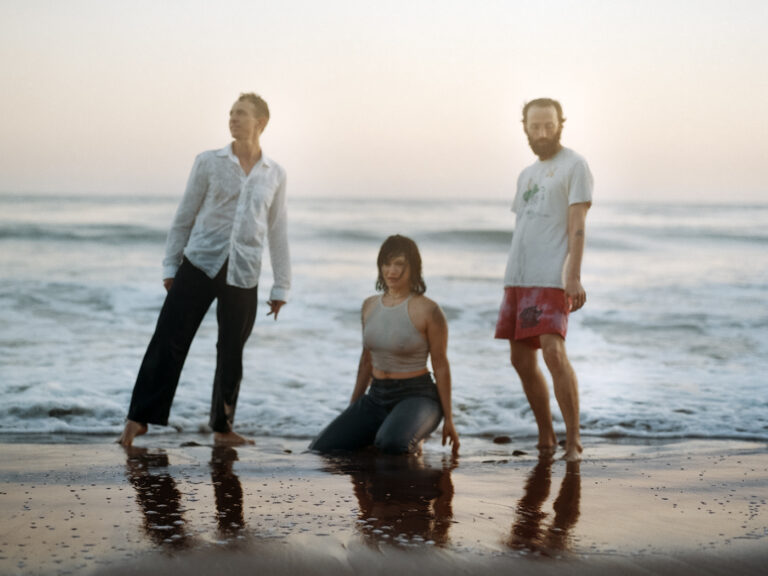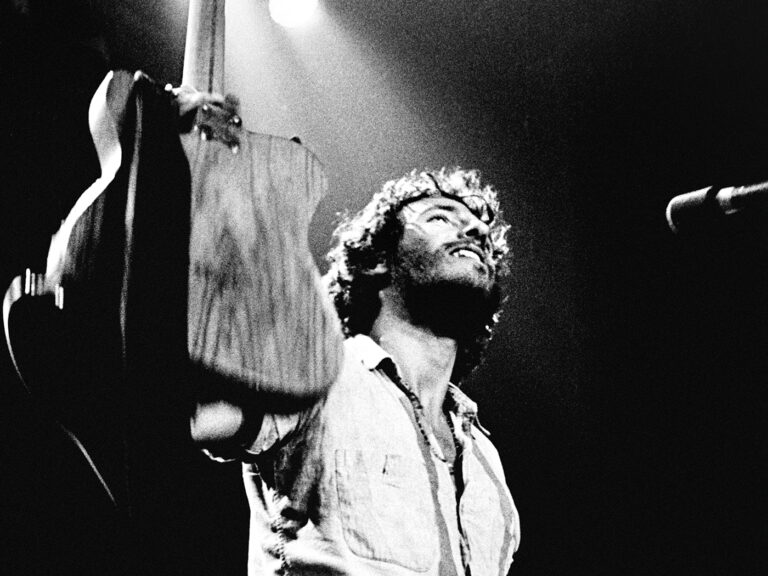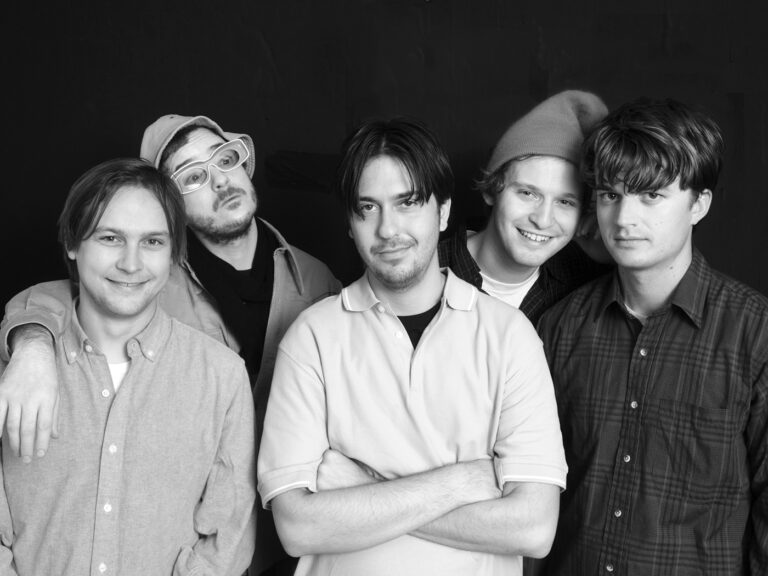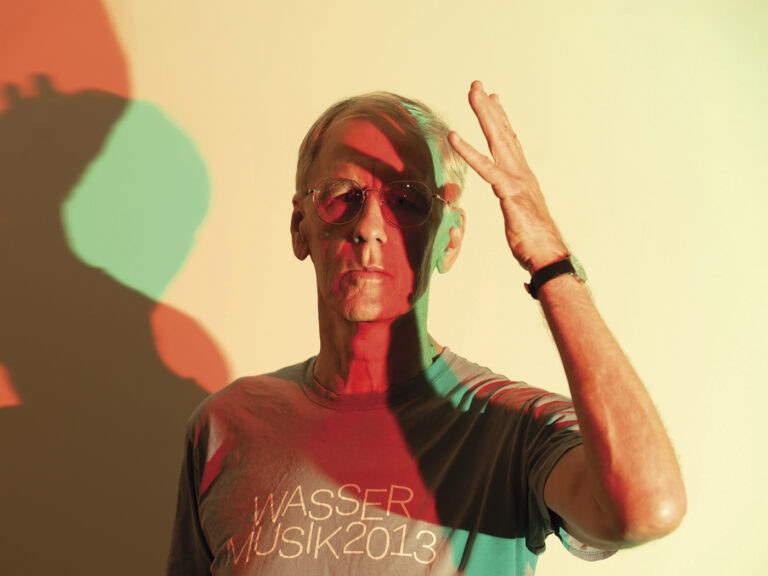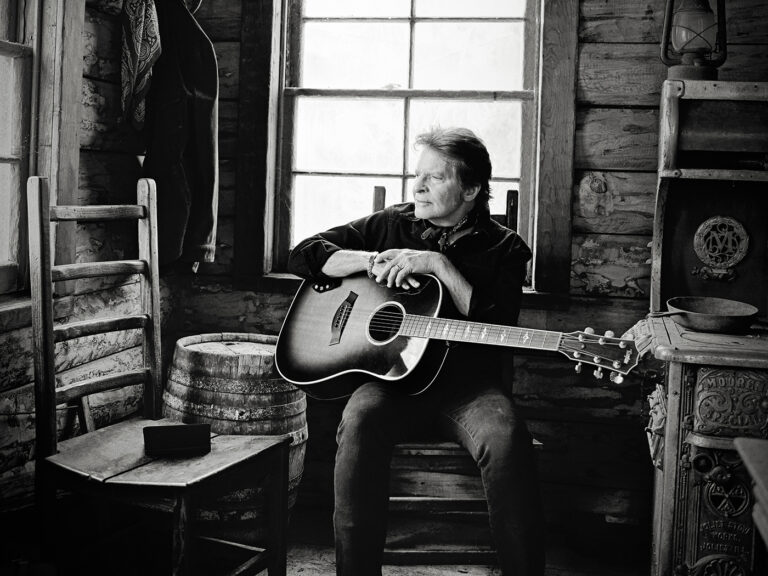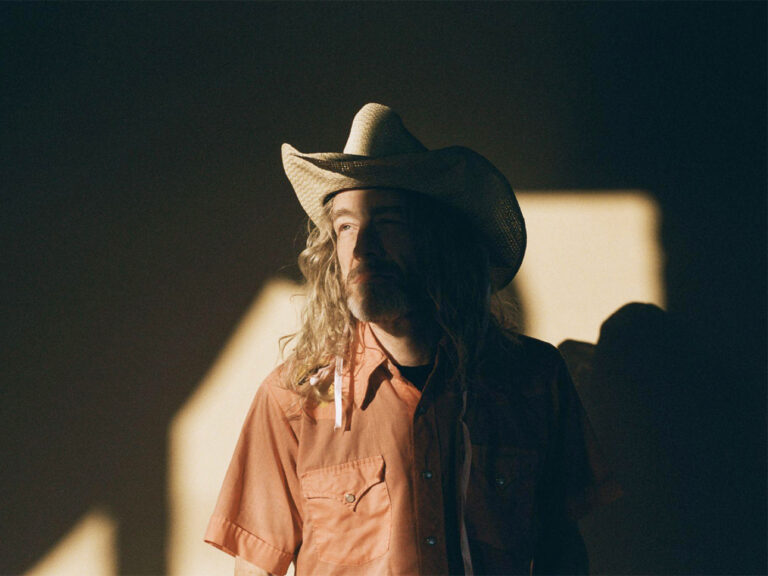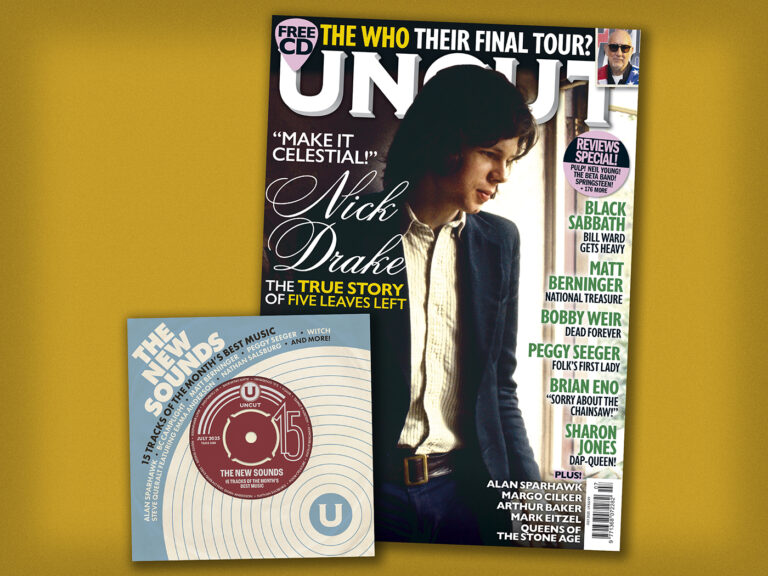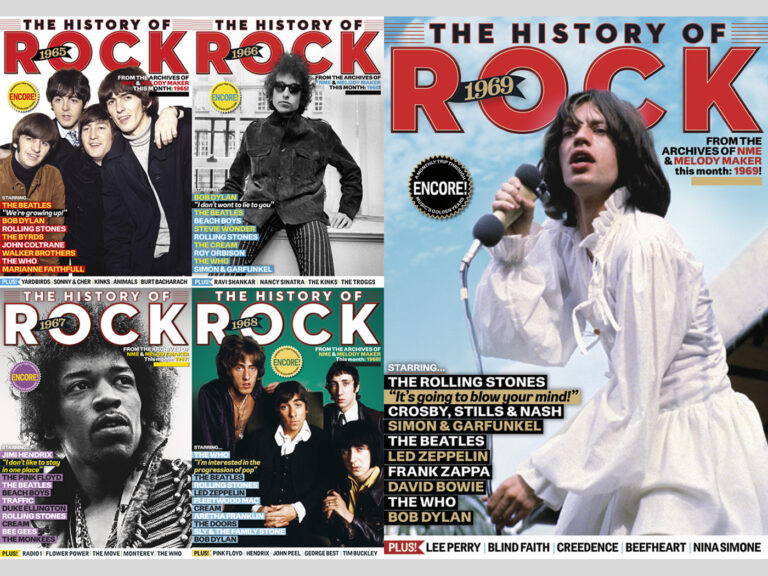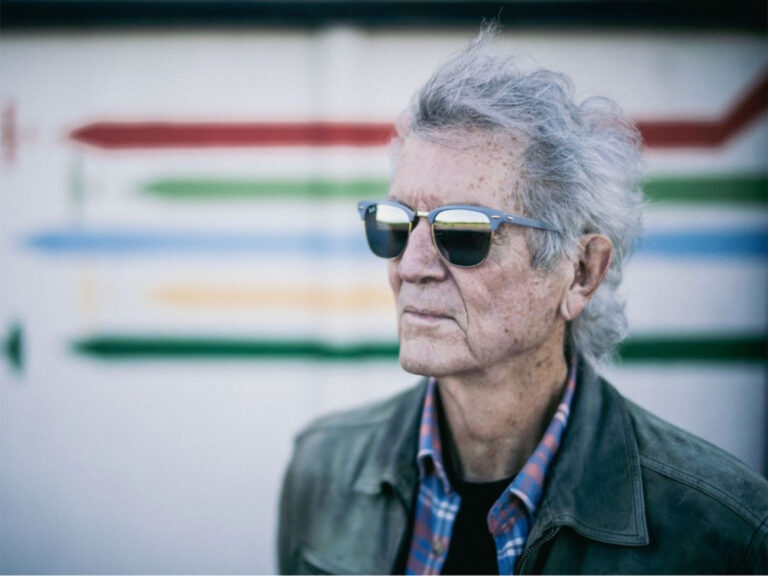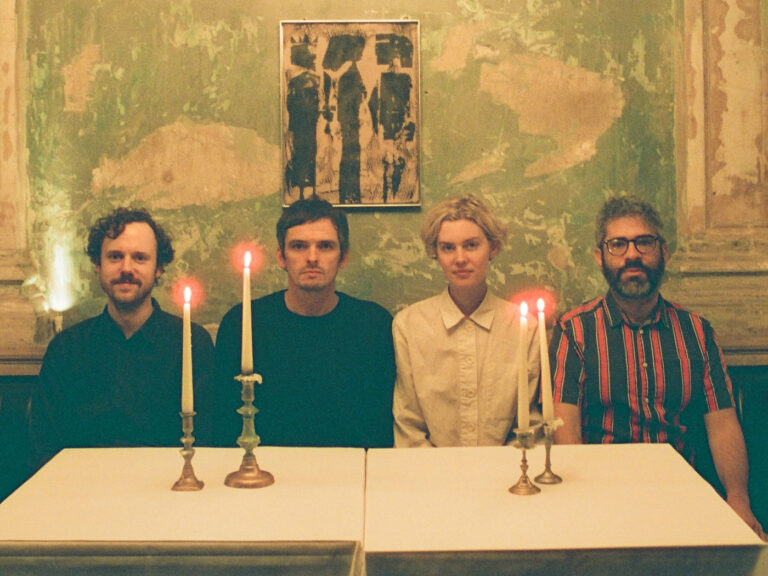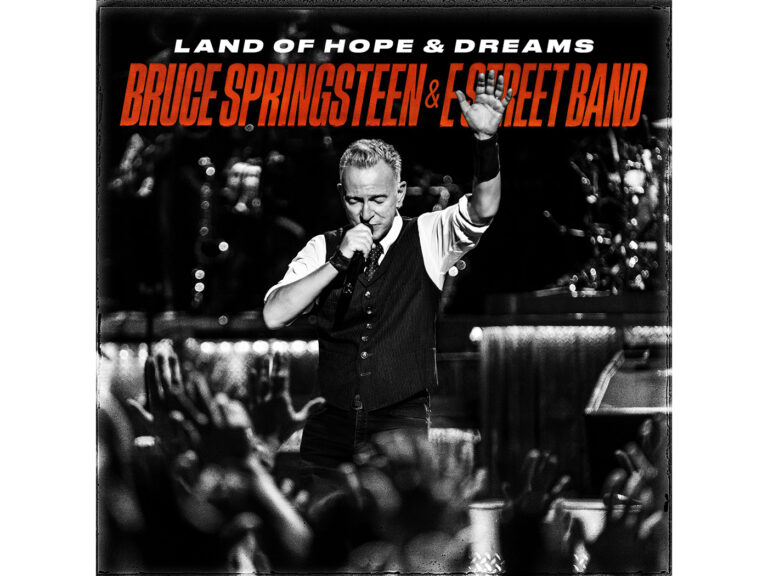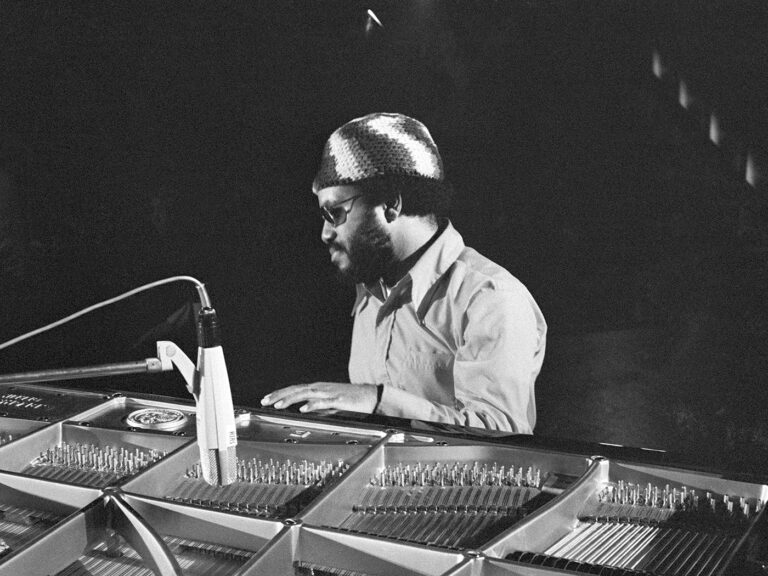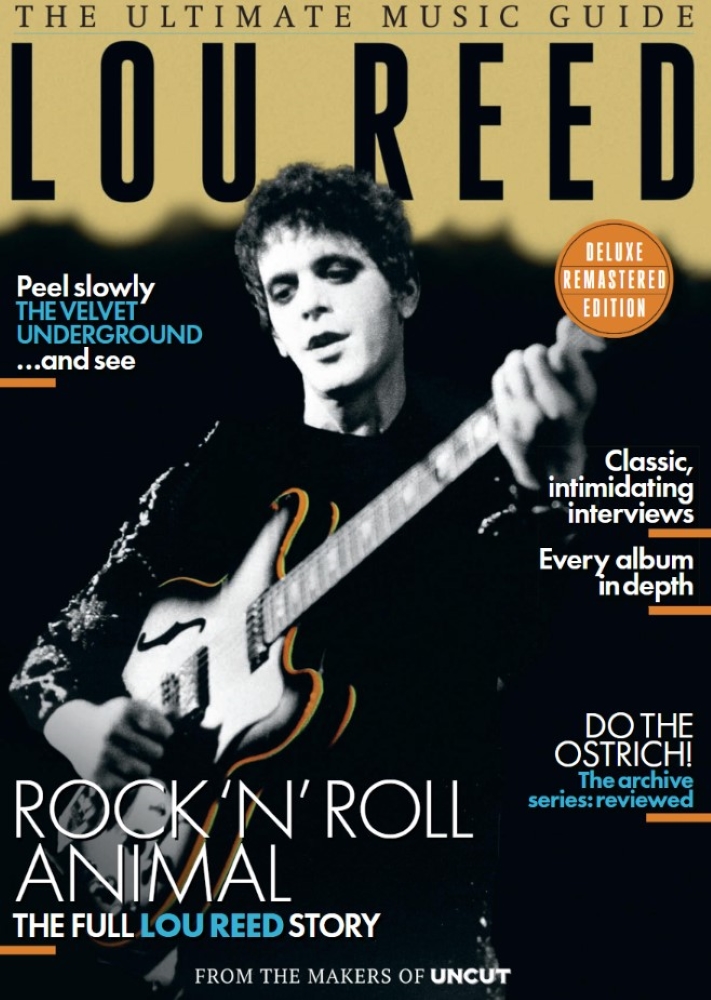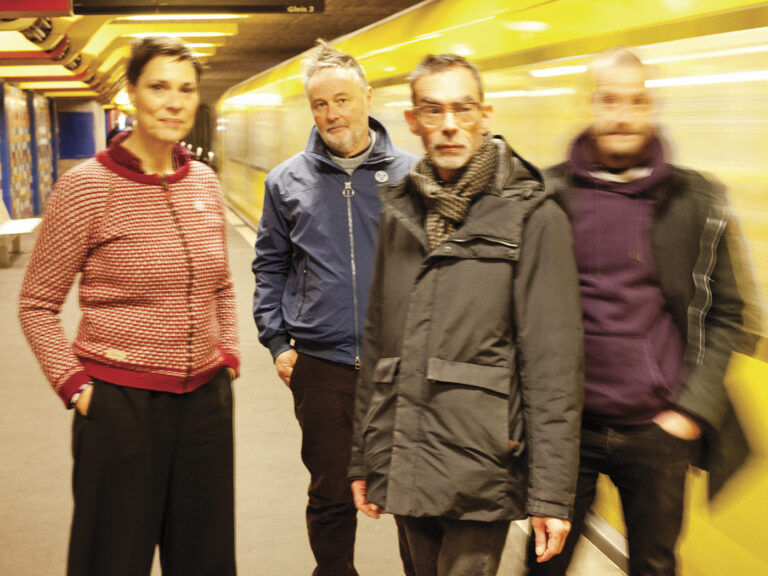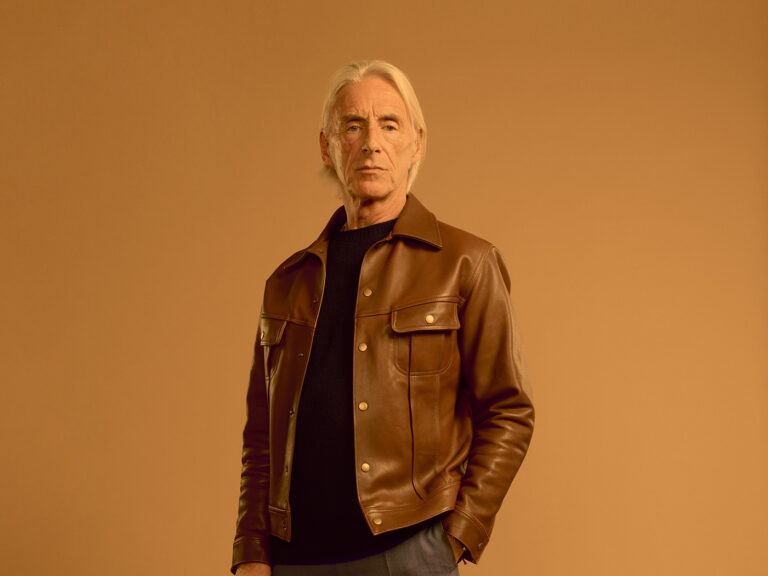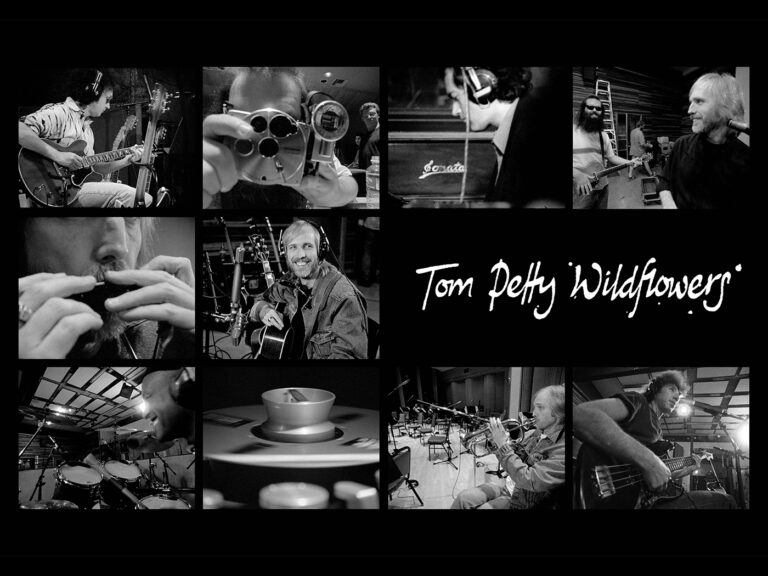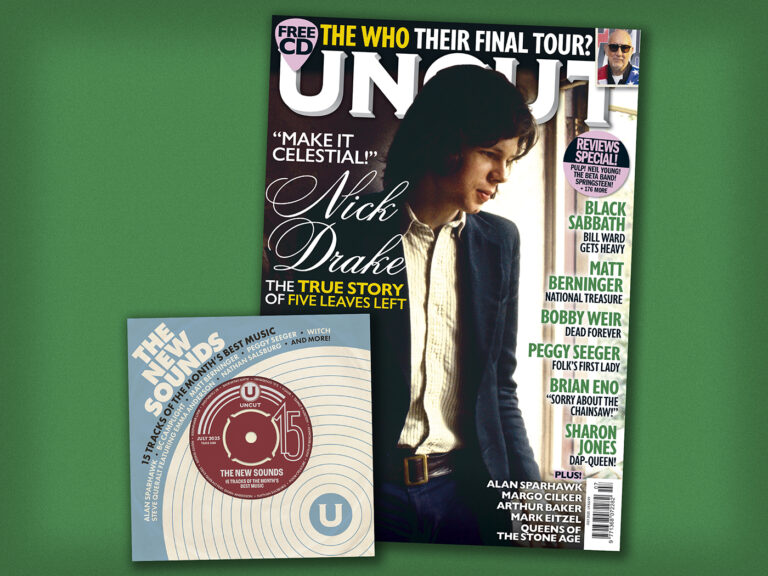Do you remember the first time? Isn’t that the question that’s implied in every reunion tour, comeback album or immersive holographic experience? This summer you have the opportunity to see Oasis, AC/DC, ELO and 5ive for maybe the last time, each offering the promise that they’ll recapture something of their elusive 20th-century magic and the slim chance they might transport you fleetingly back to your long lost youth.
Do you remember the first time? Isn’t that the question that’s implied in every reunion tour, comeback album or immersive holographic experience? This summer you have the opportunity to see Oasis, AC/DC, ELO and 5ive for maybe the last time, each offering the promise that they’ll recapture something of their elusive 20th-century magic and the slim chance they might transport you fleetingly back to your long lost youth.
You can’t blame audiences for seeking nostalgia, nor can you begrudge musicians the chance to enjoy a late career victory lap and one last payday, but unsentimentally you can count the number of bands who have reformed to significant artistic effect on the fingers of one hand. Madness with The Liberty Of Norton Folgate? The Specials with Encore? Suede with their bruised midlife quartet?
It’s an exclusive club that Pulp now join with some aplomb on More, their eighth and perhaps finest album. It should be no surprise that they’ve taken their own sweet time in delivering their masterpiece. Over almost half a century they’ve been an object lesson in a band slowly discovering their strengths, honing their craft, biding their time. They’ve matured – not like a fine wine, but maybe like a magnificently ripe Wensleydale.
But initial signs were not hugely promising. The comeback single “Spike Island” scattered syndrums like hundreds and thousands over a slight fairy cake of a song, even as Jarvis Cocker promised, like a member of the 1982 England football squad, “this time I’ll get it right”. Funnily enough, the video, a disturbing experiment translating the black and white cut-outs from the Different Class cover through the distorting mirror of AI, was more promising, demonstrating some curiosity in how a group forged in the long, dark 1970s might find a fresh context amid the pixelated nightmares of the 2020s.
Things take a friskier turn on “Tina”, which finds Jarvis returning to the dank jumble sale of the heart, a bituminous seam of inspiration that shows little sign of exhaustion. We find him daydreaming of “screwing in a charity shop on top of black bin bags/The smell of digestive biscuits in the air”. It’s a richly self-parodic fever dream in a lushly orchestrated litany of teenage kinks. But it gains some poignancy through spelling out the acronym in its title: “there is no alternative”. Pulp were born at the dawn of Thatcherism, and through several decades of spying, screwing, shouting and pointing, Jarvis has comically documented how economics has formed and deformed the English soul. In its furtive, funny, intimate way, More is a last stand, after four decades of neoliberalism, of a certain strain of defiant Northern dreaming.
“One last sunset, one last blaze of glory,” Jarvis yelps on the epic glam swing of “Grown Ups”, desperately searching for a way out upon realising that the reality of adulthood, after the countdown he once breathlessly anticipated as a kid, is a dreamless planet, populated by folks like Jeremy Sissons who “lives near the motorway because it’s good for commuting”.
He finds it, in the unlikely setting of “Farmers Market”. It’s a lilting piano ballad, stirred by the wistful evening breeze of Emma Smith’s violin and Richard Jones’ sublime arrangement, which opens on Jarvis “stalking the labyrinth of my own myth/Searching for clues with a fading glo-stick” and somehow stumbling open love among the carrier bags of groceries in a suburban carpark at sunset.
Jarvis found renown as the poet laureate of infatuation and lust, only acknowledging, way back on “F.E.E.L.I.N.G.C.A.L.L.E.D.L.O.V.E.” a dirty, furtive emotional “animal that only comes out at night”. His solo albums came fitfully alive in seedy fantasies, and on “After You”, the sole new song to come out of the first Pulp reunion in 2013, he seemed to imagine life as an remorseless slog “from disco to disco/From Safeway to Tesco/Shopping around from the cradle ’til death row”.
Even the title of “Farmers Market” invites the accusation that this is Jarvis finally succumbing to the smug, married, Year-in-Provence organic satisfaction he once mercilessly skewered. And the accusation might have some bite if it wasn’t, along with “Slow Jam”, “Partial Eclipse” and the furious disco stomper “Got To Have Love”, one of the finest, funniest, most heartfelt songs of his career. Should it be a surprise that a performer so adept at the bathetic tragicomedy of adolescence turns out to be a dab hand at the pathos and bathos of middle age?
Pulp is now a blended family, comprising Candida, Nick and Mark, along with members of the JARV IS band, but maybe it’s only through reuniting with the principal members, easing back into familiar roles, that Jarvis has been able to rediscover that peculiar Pulpy frontman voice, capable of leaping from seductive pillowtalk to sardonic wisecrack to festival singalong within a single couplet.
Or maybe it was the commission from playwright Simon Stephens to write some music for his 2019 play Light Falls? “Hymn For The North” was the first new song the reunited Pulp played together in 2023, and Jarvis credits it for opening the creative floodgates that led to More. The song started out as a song from a parent to a kid embarking on adulthood, asking that as they row off on their adventures, they “please stay in sight of the Mainland”.
Throughout the play the song builds from the shy soliloquy of a dying housewife lost in a supermarket, to a bittersweet anthem of solidarity, uniting stray family members cast across the north of England. This dramatic context seems to have stirred the shaman/showman/tragi-comic national dramatist in Jarvis, something that we’ve sorely missed since Pulp first called it a day back in 2002.
There’s a dark background to More, the deaths of both Jarvis’s mum and of Pulp bassist Steve Mackey, to whom the album is dedicated, as well as the sudden illness of producer James Ford during recording. But on songs like “Got To Have Love”, “Hymn Of The North” and the closing “A Sunset” he seems to be singing himself back to the spirit of his 1960s childhood, before his dad left and The Beatles broke up – sarky but optimistic Northern singalongs about the unlikely redemptive power of love. “I’d like to teach the world to sing,” he mutters ruefully at the end of the record, “but I do not have the voice.” On More he rediscovers a voice that he misplaced for 24 years and, corny and sentimental as it may sound, it’s even better than the first time.
When you purchase through links on our site, we may earn an affiliate commission. Here’s how it works.


